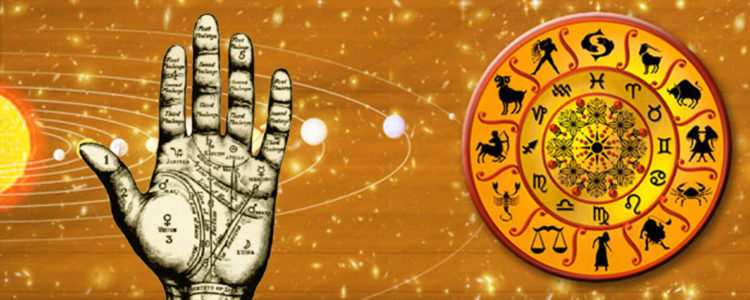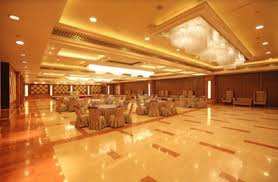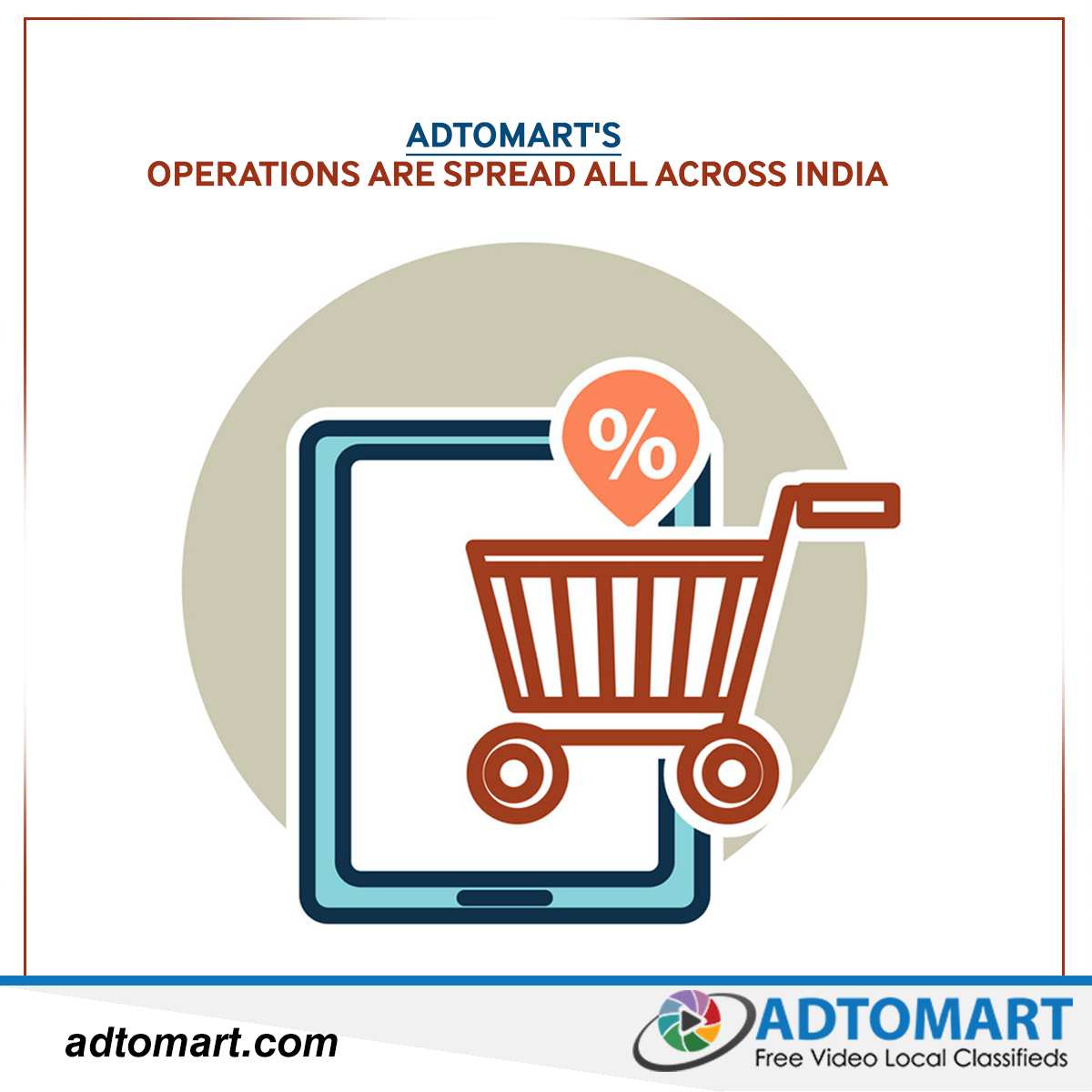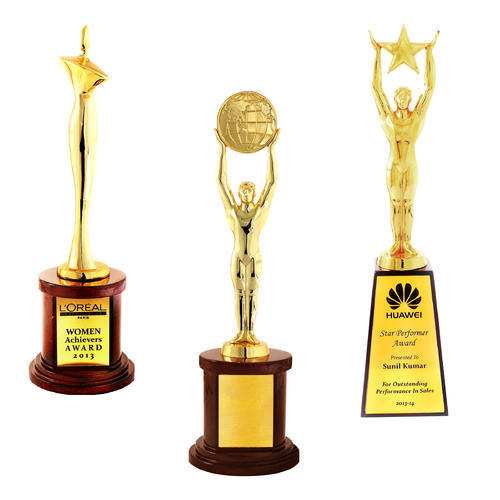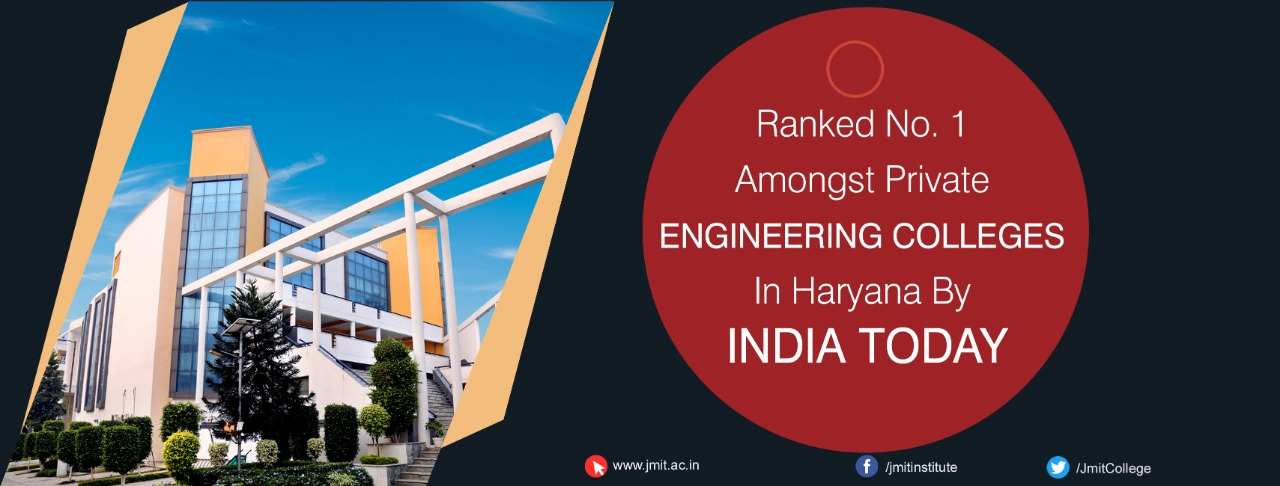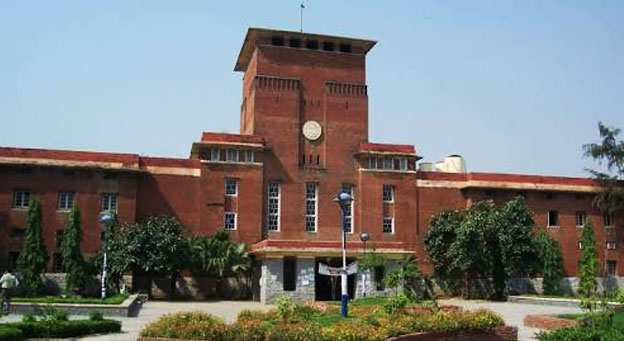Information is essentially a starting point for knowledge. Knowledge is required for decision making and for taking initiative. It will provide new tools to deal with knowledge, and as a result, will have far reaching implication on the future decision-making process. Information Technology has come as a force to move our cultures, customs and communities and advance human civilization. In the process, it will find new applications, create new jobs and bring equality. It is generally believed that information technology is only for the rich and the affluent and is needed only in a modern work environment However, information technology is equally useful in population control, health services, agriculture, water management, transport and other major infrastructures along with steel mills, business centre’s, and travel agencies.
Developed nations of the West have emphasized and utilized information technology for automation, artificial intelligence, robotics and many other advanced applications. In developing nations, the same information technology can be equally used to provide basic human needs and improve standards of living. However, proper appreciation and application of this technology require a new information culture and a new orientation.
The need for information developed during what we may call the agricultural civilization. To enhance agricultural activities, it was necessary to share information and knowledge in society. With agriculture, various communities developed and their need for information developed further. Earlier, transfer and exchange of information were done orally. Then, with the print media, information and knowledge achieved a broader reach. With the introduction of the electronics technology the concept of information storage, processing and transfer has changed drastically. Now it is possible to move information with the speed of light across the globe.



